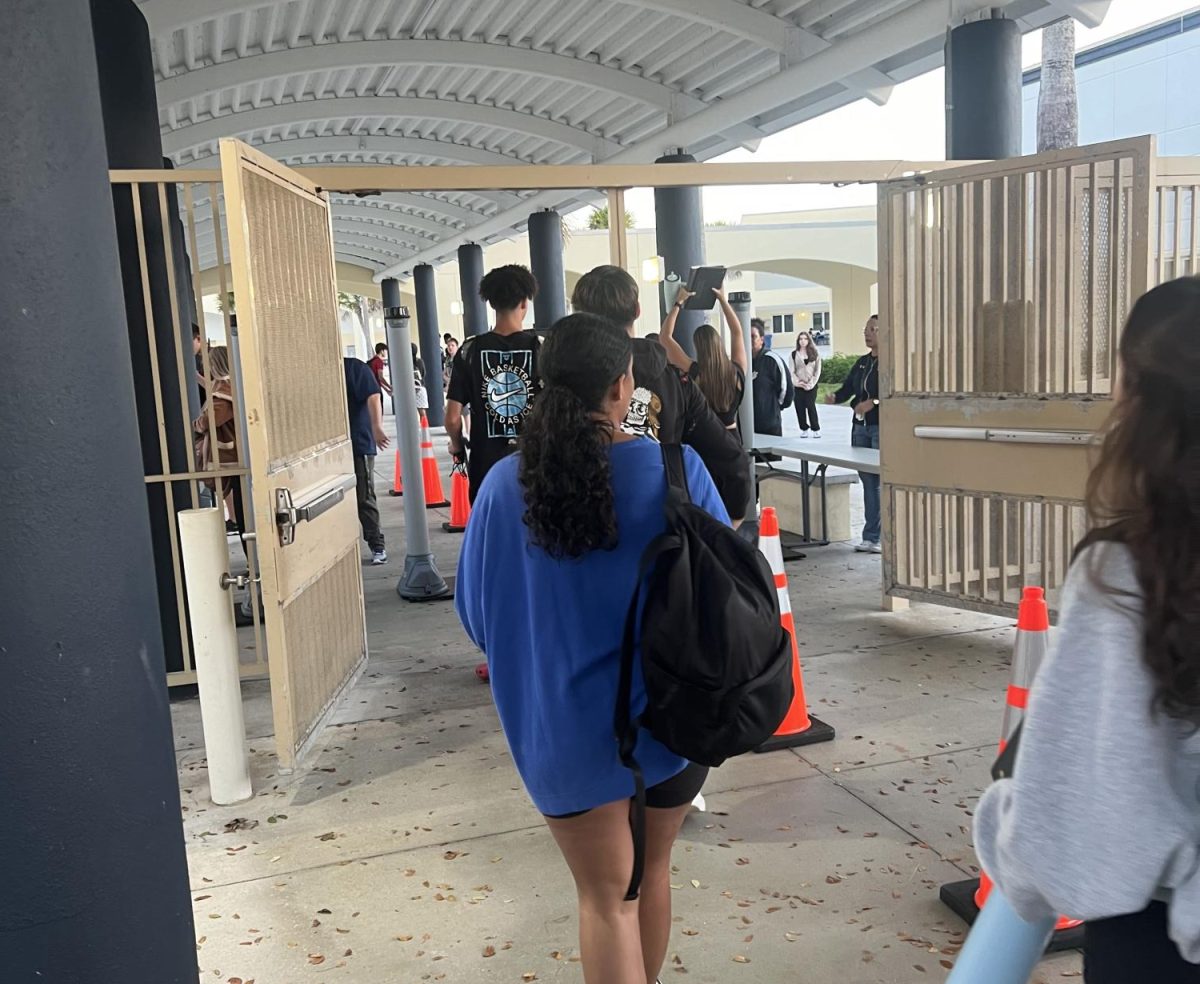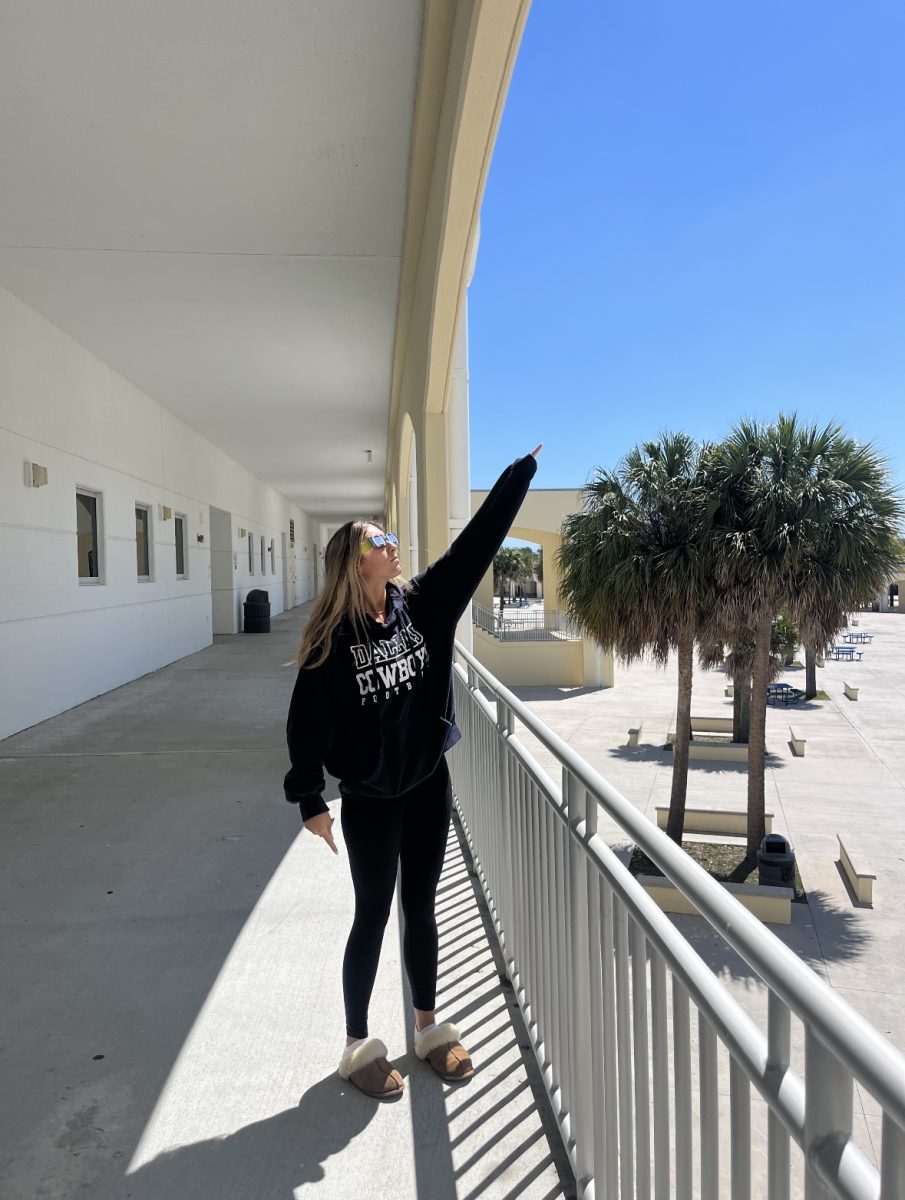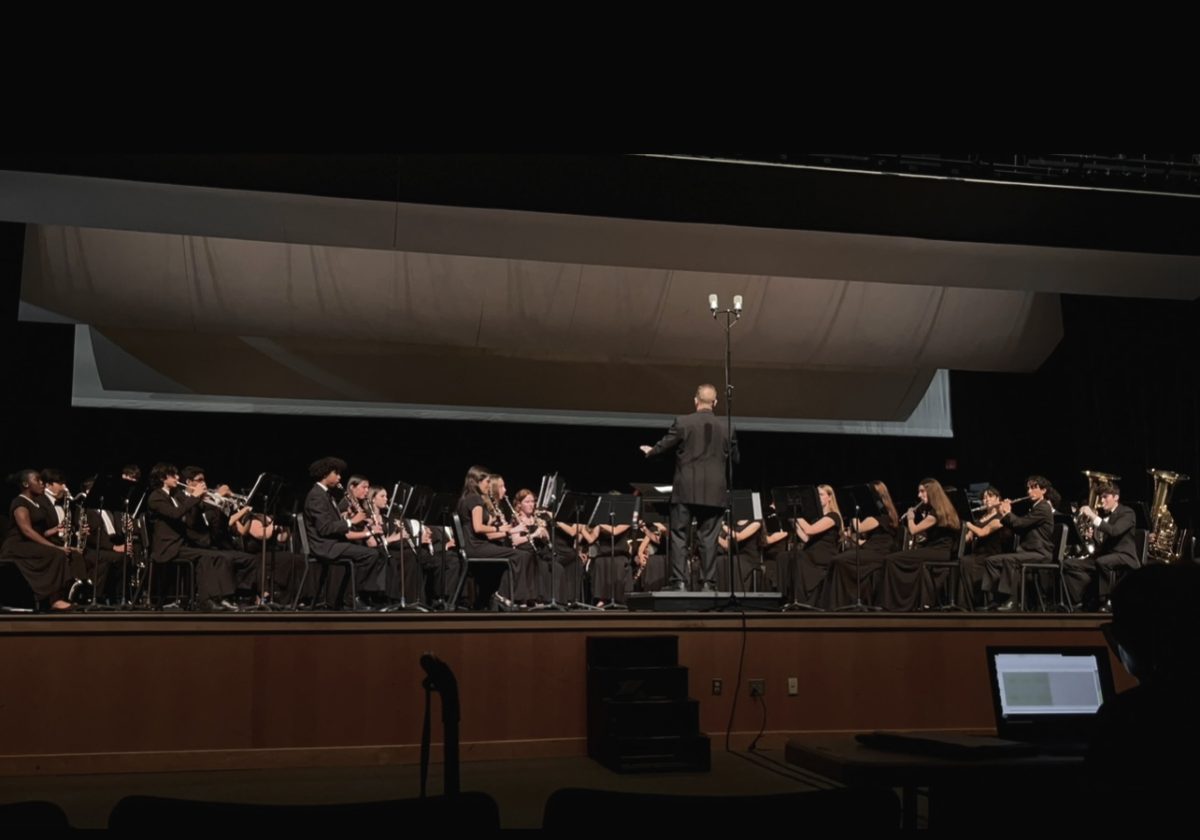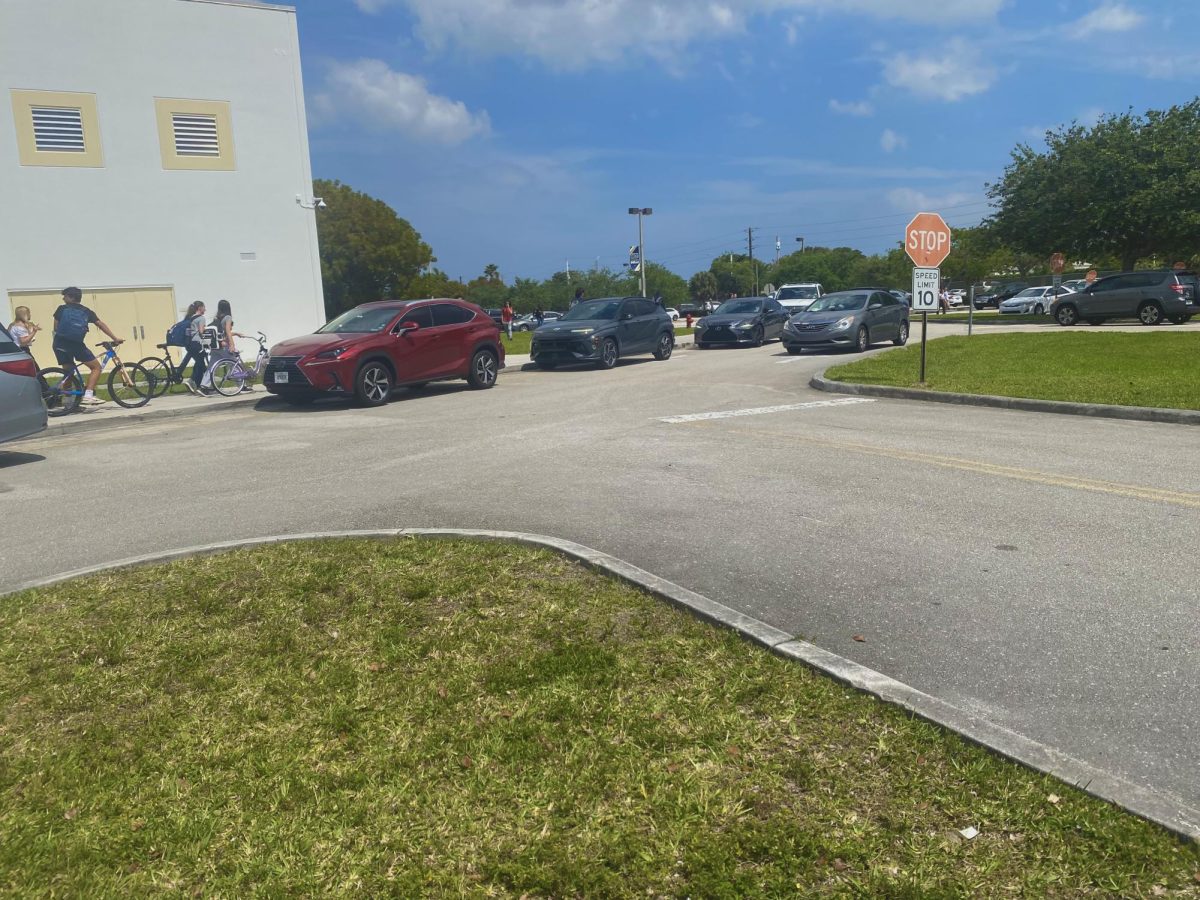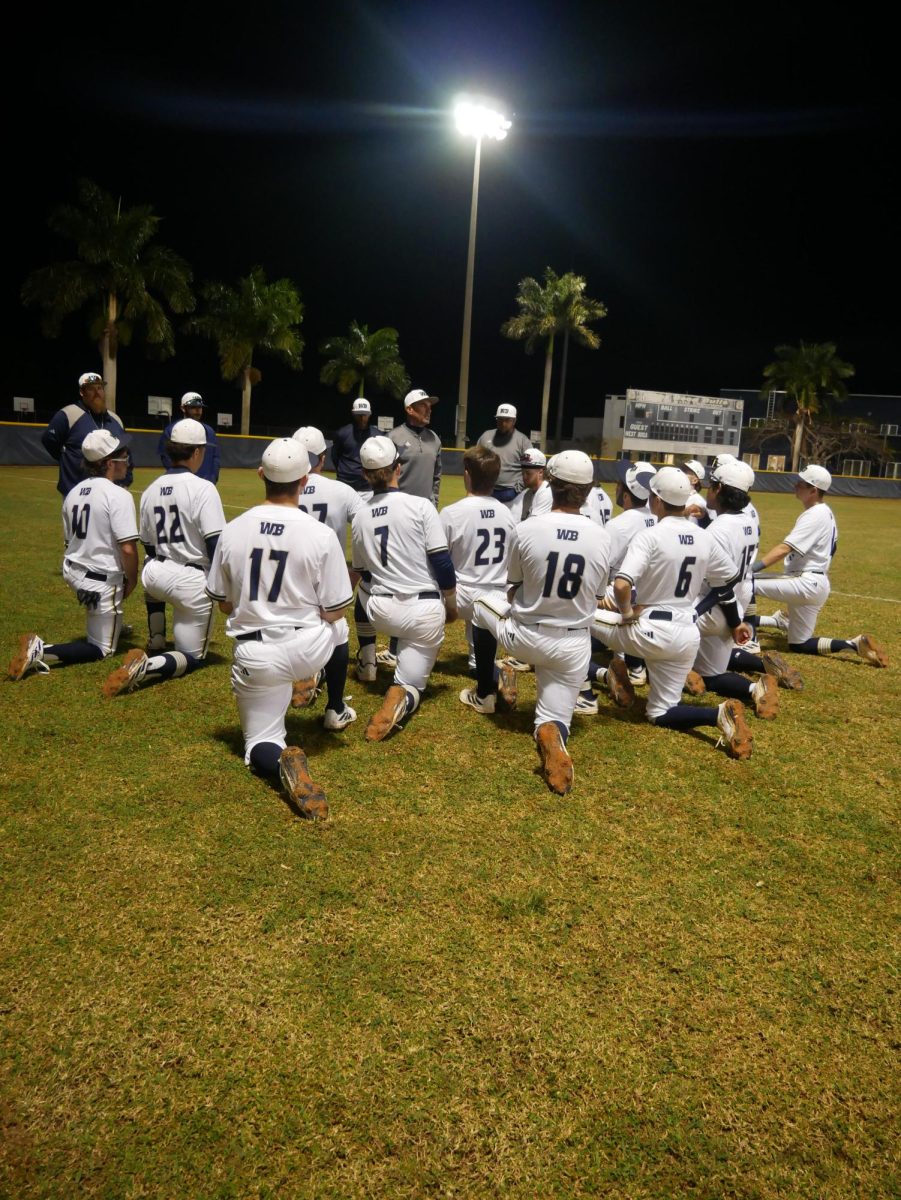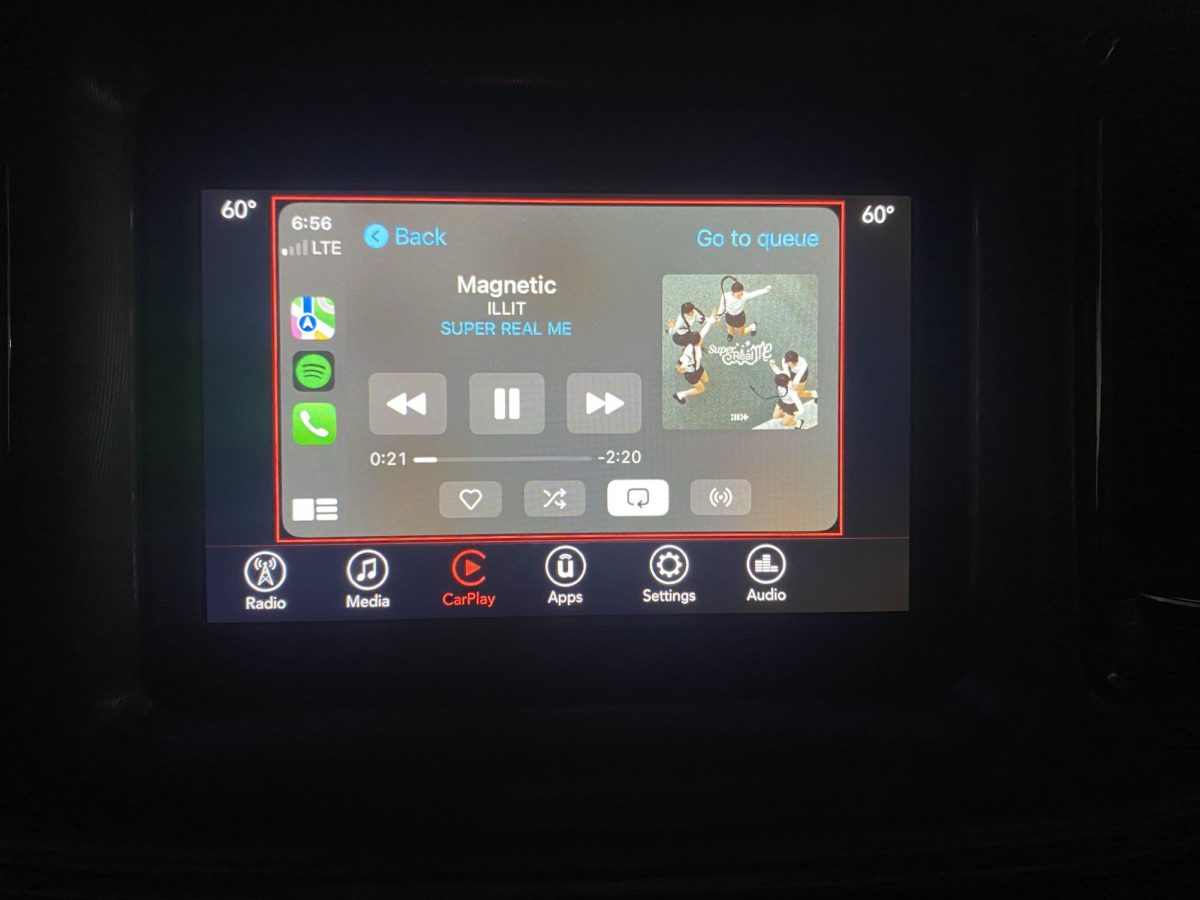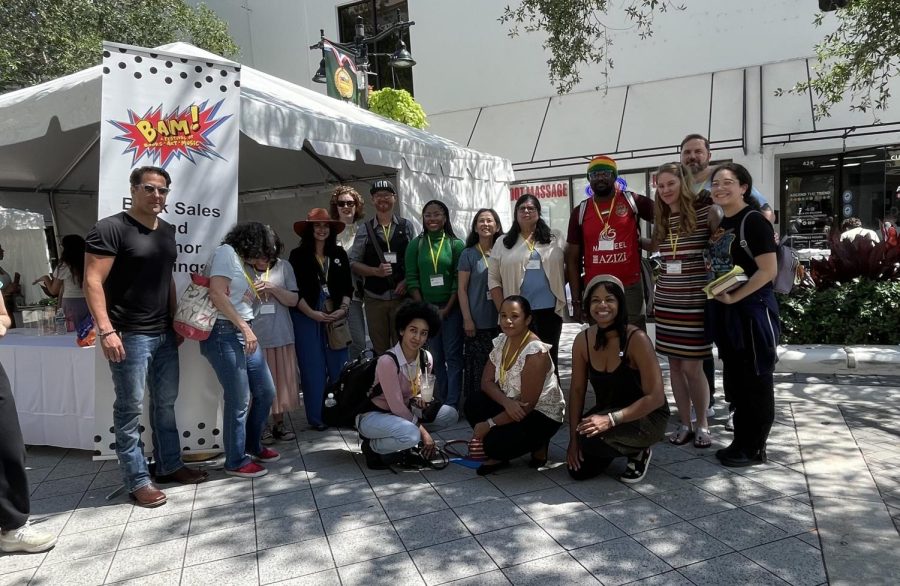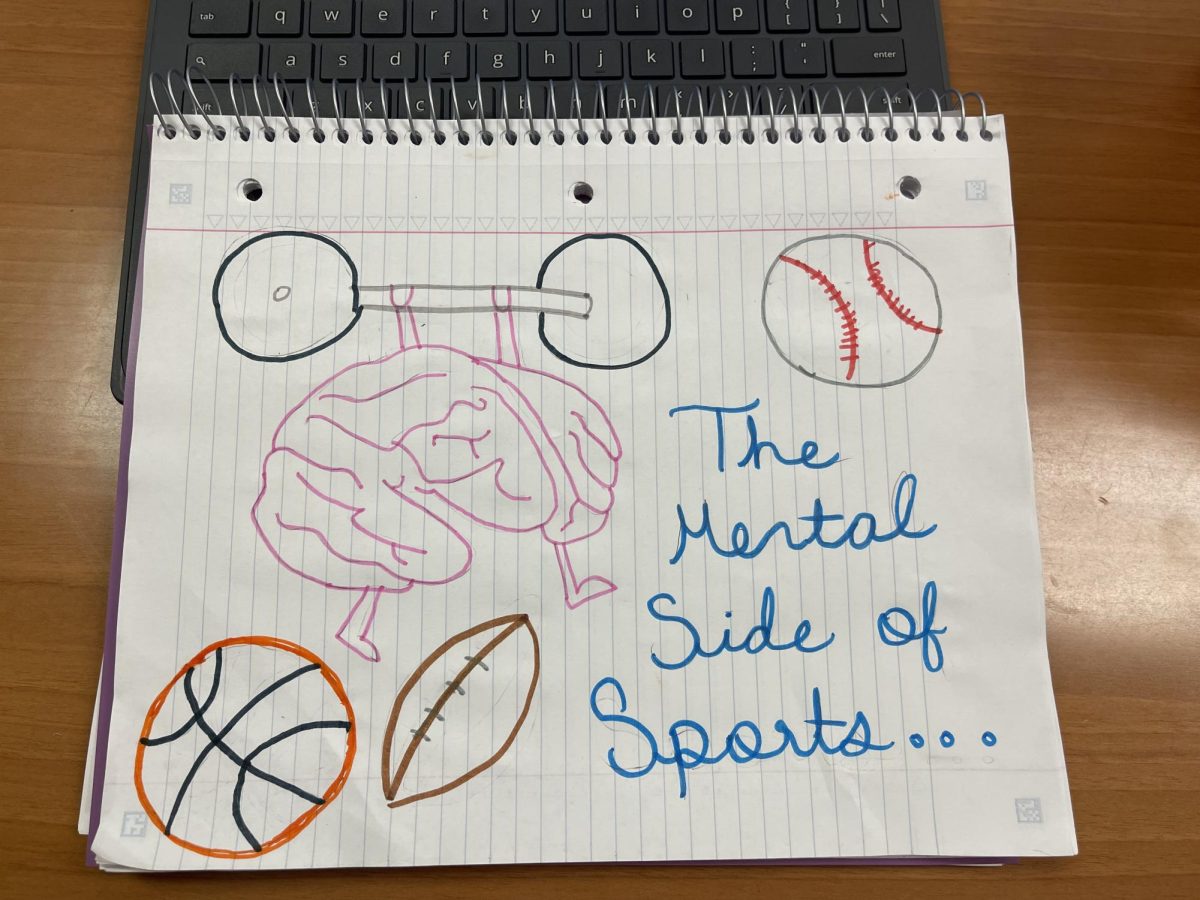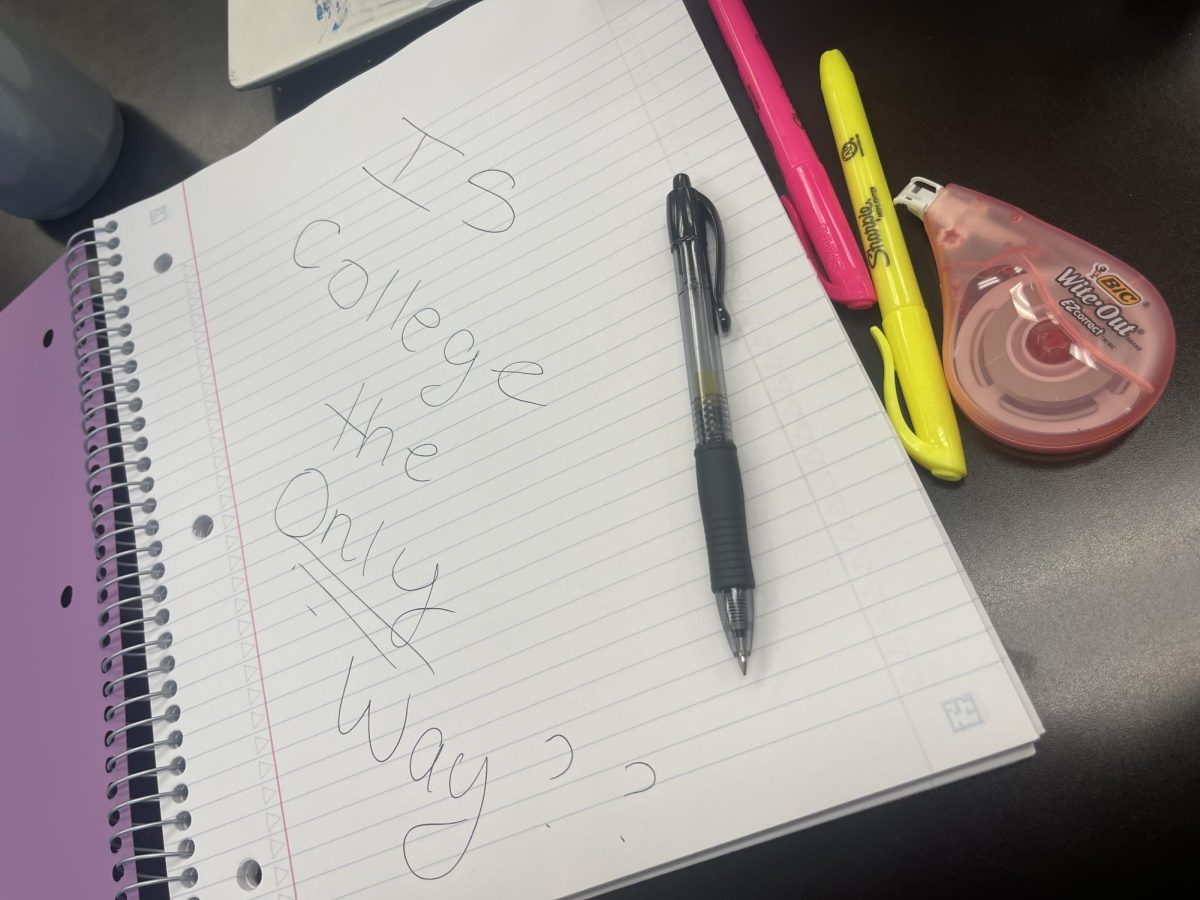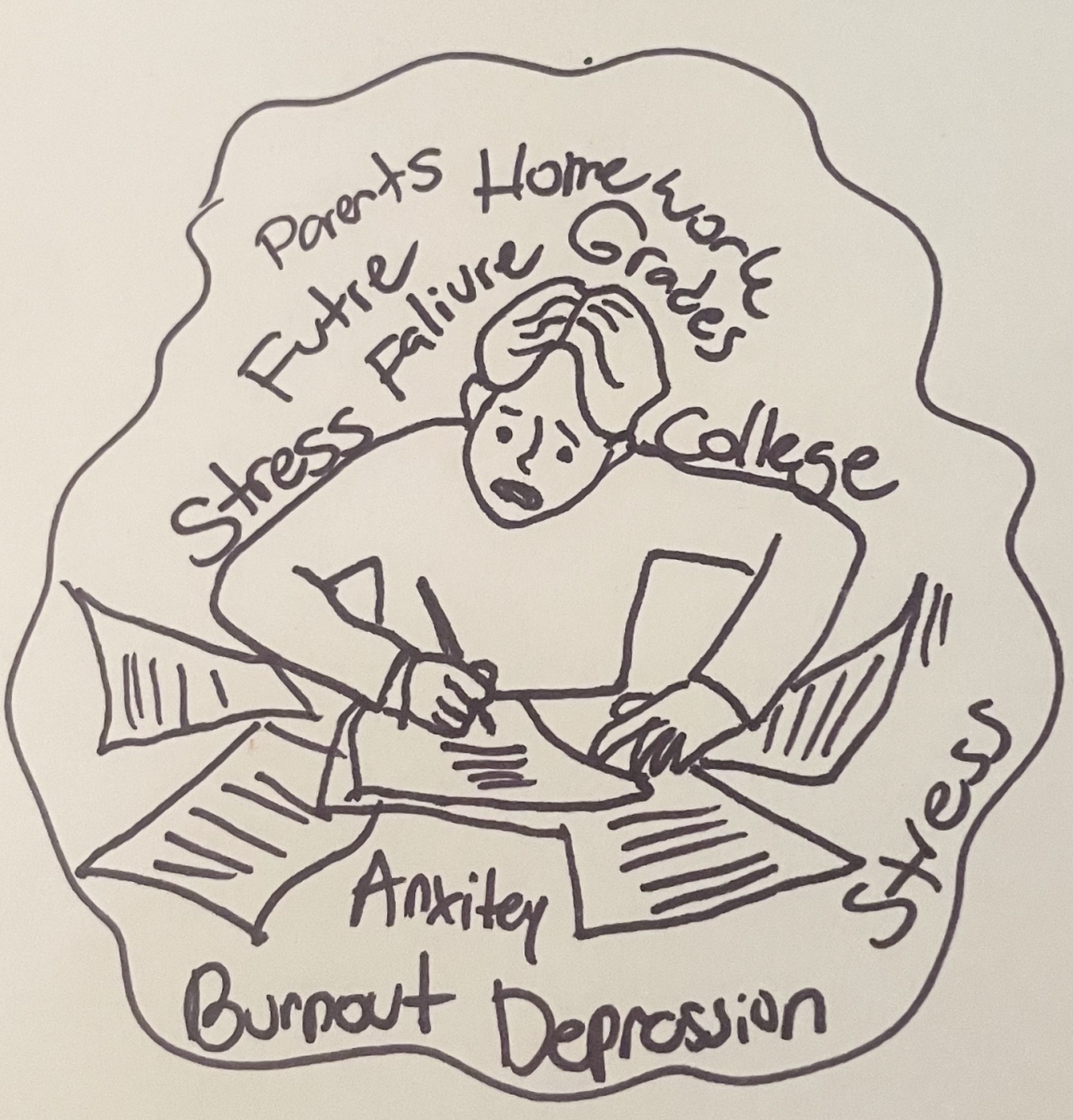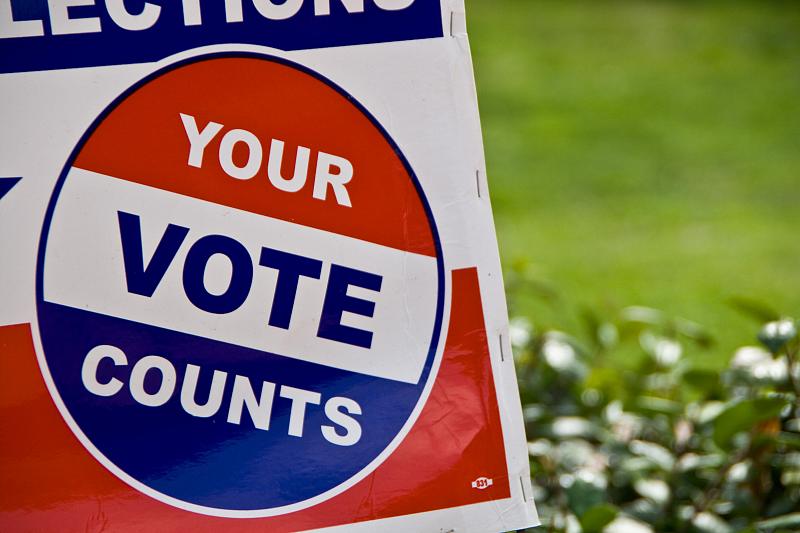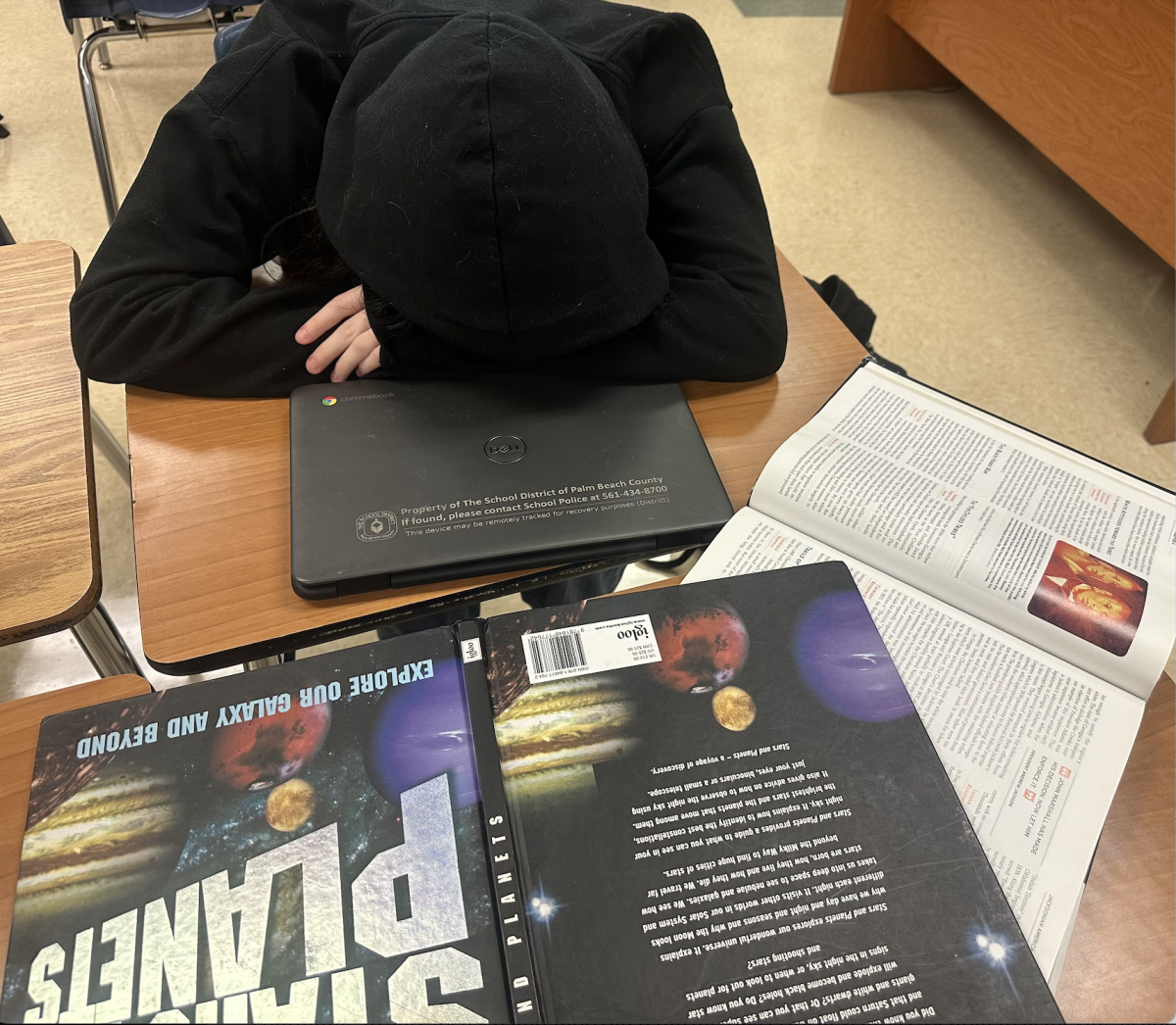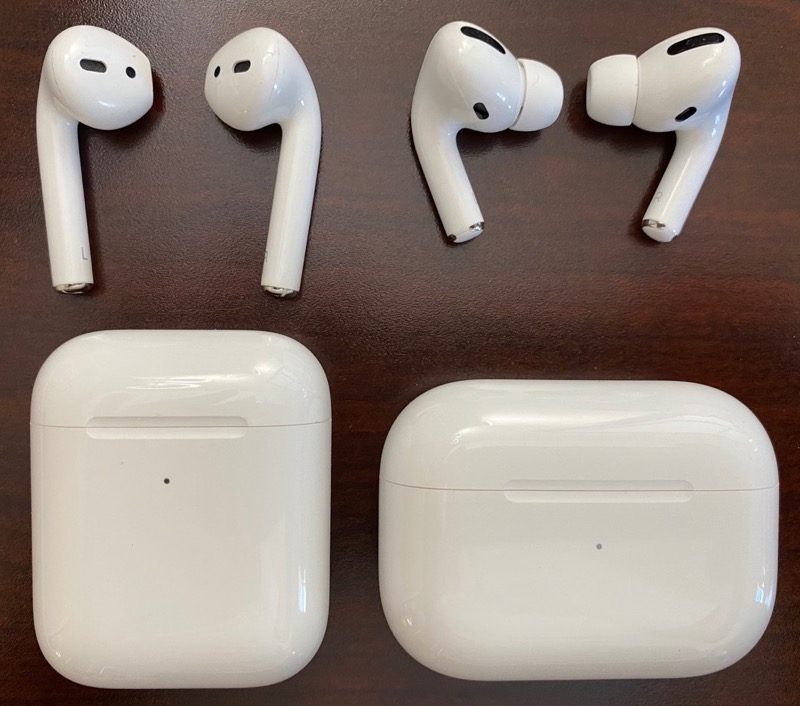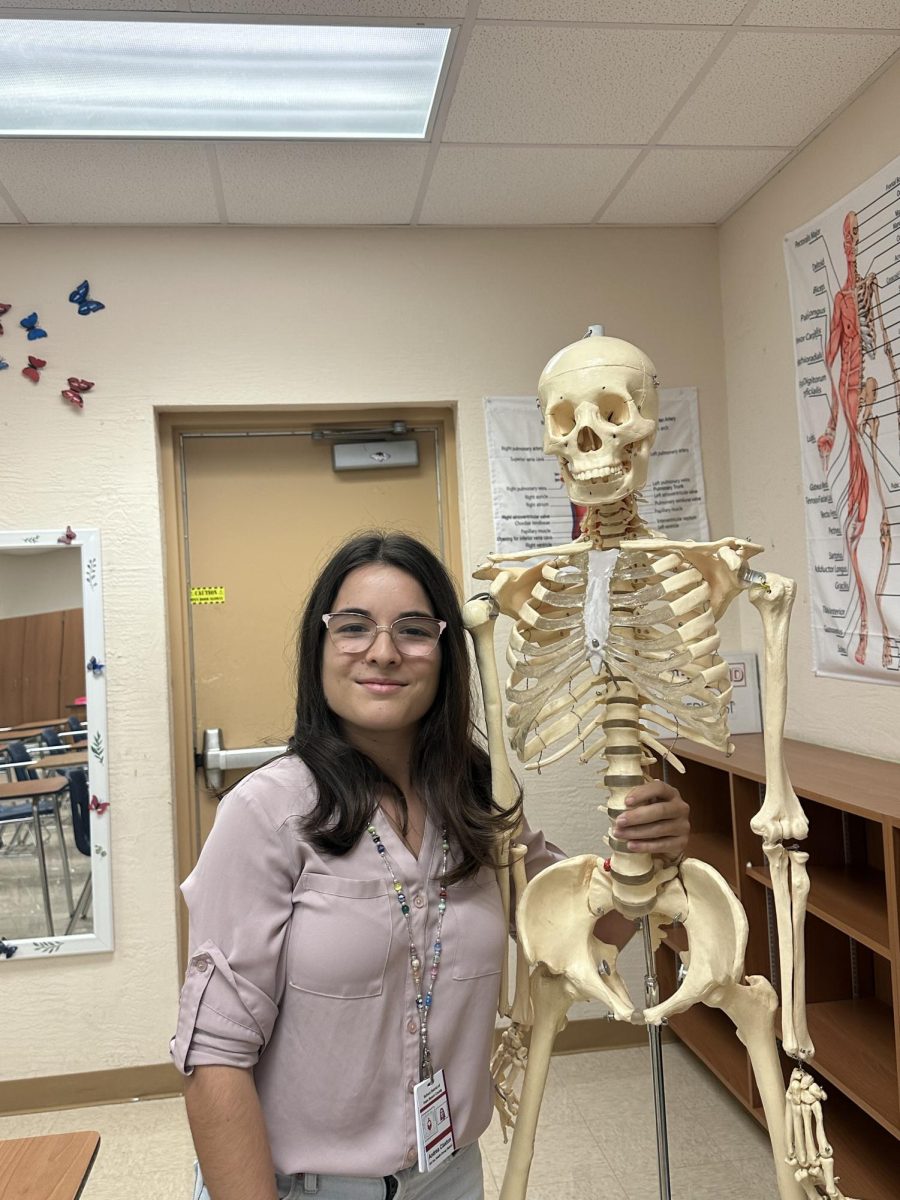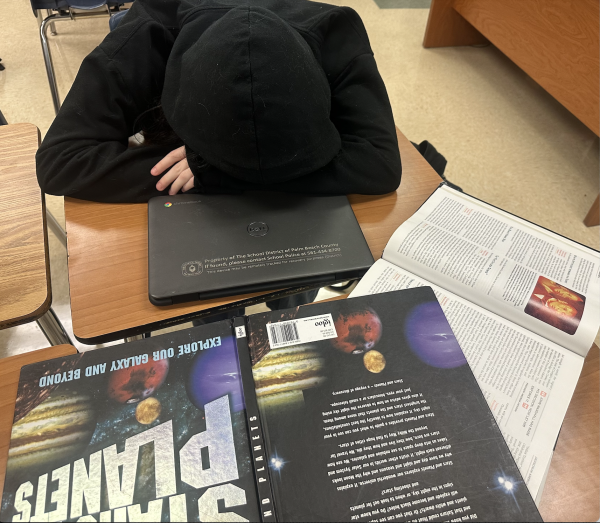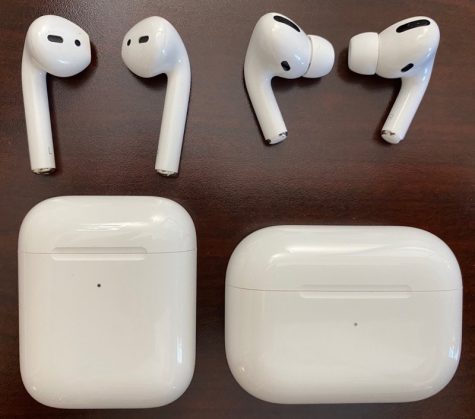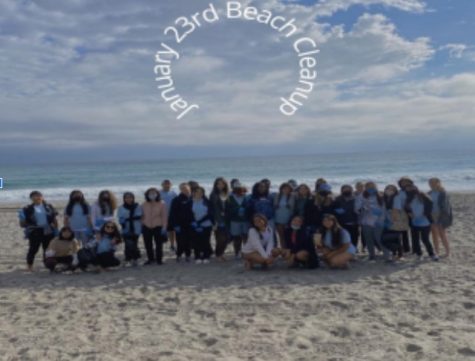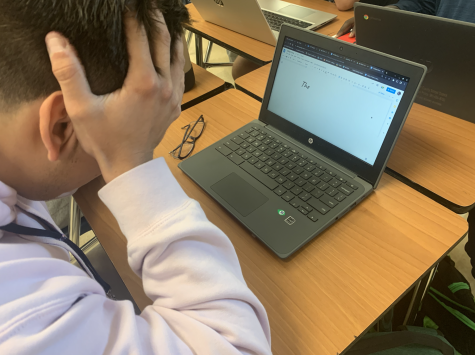Working Hard or Hardly Working?
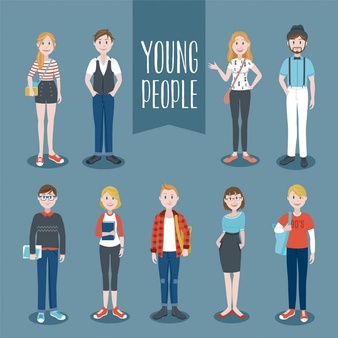
February 13, 2019
Have you ever wondered how many of your peers work or if working while in school is beneficial? Well studies show that one in four high school students work part time jobs, that’s more than 3 million workers nationwide. Many students have no choice but to work, needing to help their parents pay bills or to save money for college. This is why West Boca High as well as many other schools offer a class called Executive internship where students are allowed to leave early to attend work and can even turn in their time cards for a grade.
The real question that needs asking is “does this help or hurt students”? On one side of the spectrum, working while in school has many advantages such as receiving an income and building a resume that shows employers you can balance an intense schedule. Some studies even show that those who hold a job while in school have a higher GPA than those who don’t. It also makes finding a job after college easier because employers feel you have a basic work experience already established. On the other hand, there are also disadvantages to working while in school with time management being one of the biggest struggles. While the line between how much work is too much may seem hard to determine, experts have found that students who work more than 15 to 20 hours a week see a decrease in academic performance. Teens shouldn’t exceed the recommended number of hours at their jobs, nor should they spend sleeping or studying time at work. Students often find themselves struggling to keep up with academics, a job, and a social life for example. While working, students may miss out on some of the basic high school experiences such as not being able to go to sporting events or any other extra curricular activities after school. This may be why the number of students in the workforce continues to drop to all time lows.
Many are saying this is because the new generation is lazy, but that’s false. Teenagers aren’t spending more time on the couch, but rather spending more time in the classroom. Education is to blame, not disinclination. More than ever students are staying in high school longer and taking more dual enrollment classes during the school year and summer leaving less time for a job. The percent of recent high-school graduates enrolled in college—both two-year and four-year—has grown by 25 percentage points. That is almost exactly the decline in the teenage labor-force participation rate. With tougher high-school requirements and greater pressure to go to college, summer classes are the new summer job. The percent of 16-to-19-year-olds enrolled in summer school has tripled in the last 20 years according to the Bureau of Labor Statistics. Another challenge high school students are facing when trying to get a job at a young age is the strict Florida Child Labor Laws, for example when 14 or 15 years old you can only work up to 15 hours a week not before 7 a.m. or after 7 p.m. and for no more than 3 hours a day on school days, or when a school day follows. 16 and 17 year olds can work up to 30 hours per week although not before 6:30 a.m. or later than 11pm and for no more than 8 hours a day when school is scheduled the following day. So ultimately the answer to the question “is working while in school beneficial?” is ultimately a personal opinion, and up to each individual about what they are willing to sacrifice.


